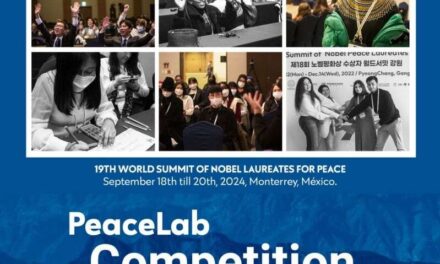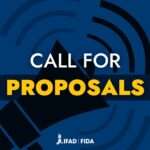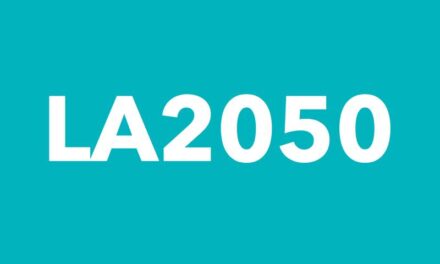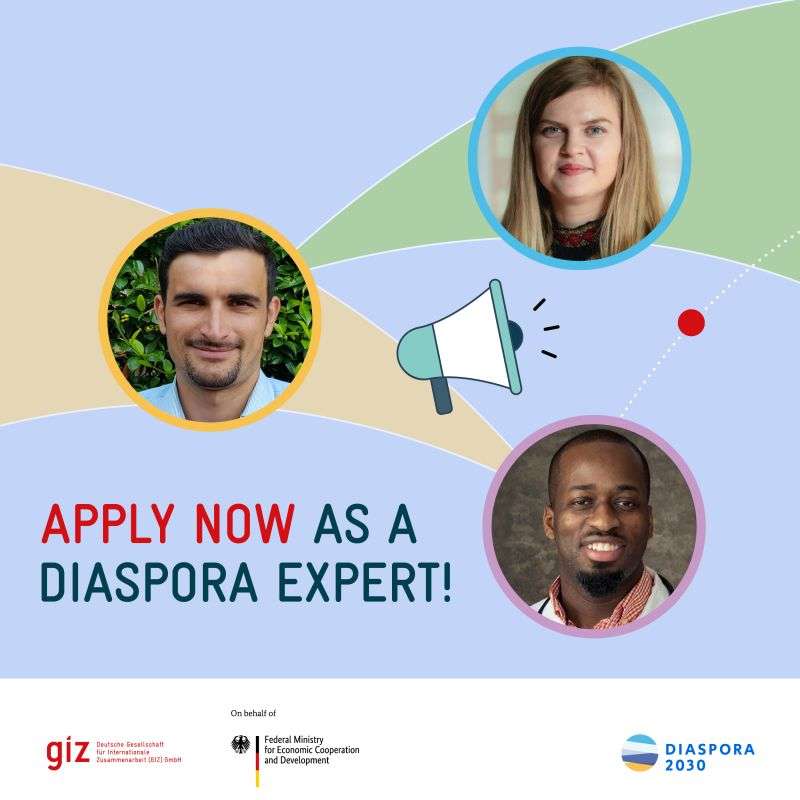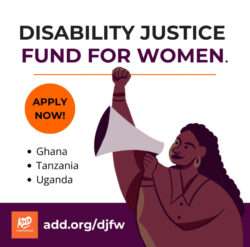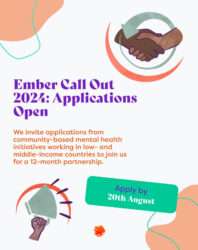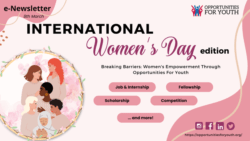Insider Tips on Applying to UN Jobs
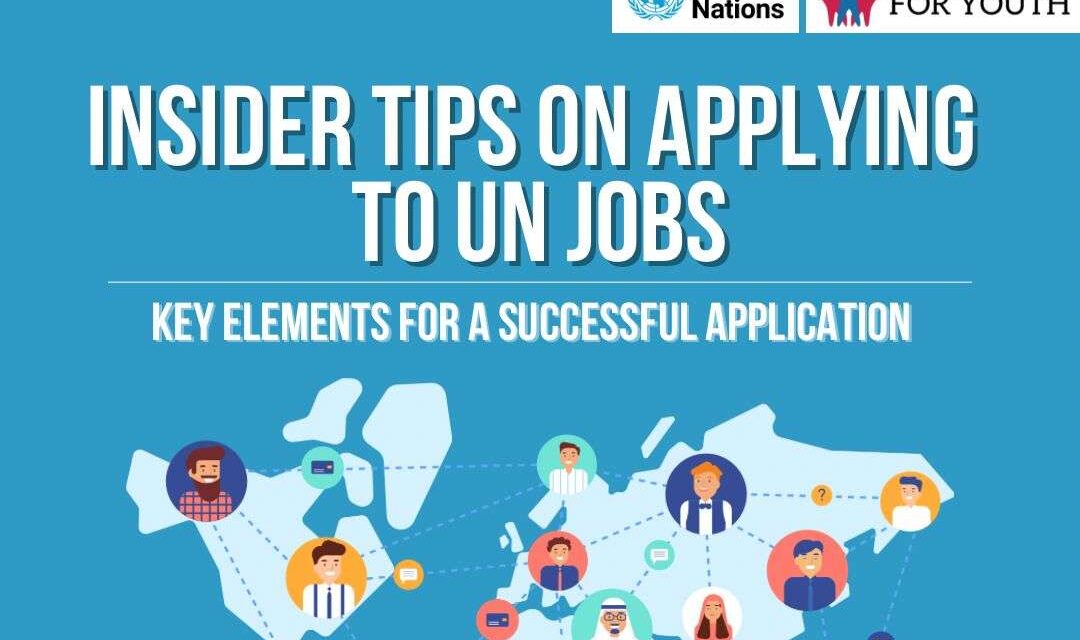
By Katja Hemmerich, former UN Chief of Career Support and Performance Management, now Managing Director of ReformWorks, a new thinktank focused on management of international organizations.
The UN recruitment process is highly competitive. This article helps you in understanding how to read the vacancy announcements like a UN insider to better tailor your application and prepare for the assessment and interview process.
You’ve just found the perfect job advertised at the UN. The responsibilities described are what you’ve always dreamed of doing. But, it’s a huge list of responsibilities – so which tasks should your application highlight as something you can do really well? Do you need explain that you can do them all? Or should your cover letter explain that you possess the many competencies listed in the vacancy announcement, or the required and desirable work experience?
Read on, and I’ll give you some insider tips to answer these questions and help you develop a winning application strategy for the UN.
When applying to the UN, it helps to understand the big picture. The UN is a public organization and is accountable to the member states who fund it. Those member states, and anyone who works in the UN, is responsible for ensuring the standards set out in the UN Charter are followed, which includes specific provisions that say staff should be recruited for the purpose of “securing the highest standards of efficiency, competence, and integrity.”
What this means in practice is that there is at least one ‘hiring manager’ who selects the best candidate, but this is reviewed by other senior managers as well as human resources staff and often different committees, who are checking that the process was properly followed. All of them need to be able to read your application and your test and interview results and come to the conclusion that recruiting you means they are getting the ‘highest standards of efficiency, competence and integrity’. (All the multiple reviews also explain why the process often takes so long).
Key elements of the Vacancy Announcement that should shape your application
One of the key things that is checked is whether your application meets the minimum requirements that are set out in the vacancy announcement. These are spelled out in the sections related to Work Experience and Education in most vacancy announcements. You might want highlight or underline every sentence that says ‘required’ or ‘must have’ to figure out what to focus on at this stage. Don’t worry about the competencies or even the duties and responsibilities too much at this stage.
It is imperative that your application form or profile shows clearly that you have what is required, i.e. that level of university degree (or the degree plus the years of qualifying experience) or sufficient years of experience in the area listed. Don’t leave it up to each reader to interpret whether your work experience is relevant or not. Tailor the description of your past experience to show clearly how it fits the Work Experience requirements, especially by referencing particularly methodologies, software applications or other technical elements listed, and using similar phrases or terminology that you see used in the Work Experience section. Not everyone reading your application is an expert in your field, so make it easy for them to see that you fit all the requirements. If there are ‘desirable’ qualifications that you also meet, then also make sure that this is also clear in your application form.
How important is the cover letter?
Listing how you fit the minimum requirements or the desirable requirement in the cover letter alone is not enough. It has to be crystal clear in the application form or profile. You can use the cover letter to draw the reader’s attention to certain parts of your profile or to highlight if you’ve already done things listed in the responsibilities section. But the cover letter is actually a lot less important than your application form or profile during the recruitment process. So make sure your application form is solid, and anyone reading it comes to the same conclusion that you have the education and experience required in the vacancy announcement.
The logic behind the assessment process
If the reviewers have been convinced that you meet the requirements listed in the vacancy announcement, you will most likely be invited to some form of written test. This may seem a bit strange, but the reality is that vacancies at the UN attract several hundred applicants, if not thousands. There is always a significant number of applicants, who will meet the minimum requirements. Written tests are generally an objective, time efficient way to reduce the list of candidates to a more manageable short list of candidates to be interviewed. They are not intended to trick you however, so generally you will receive instructions in advance that should indicate what they are testing, the format of the test and how much time you need to complete it. Read and follow those instructions carefully.
Preparing for the interview
If you are successful in the written test, you’ll be invited to the interview. UN entities will generally have information, tips or videos on their website about the interviewing processes. If you don’t see it on the website and you don’t see any guidance about the interview format or process in your invitation email, then reach out and ask what kind of interview format will be used.
Most UN entities use structured or competency-based interviews. This generally means that during the interview you will be asked to share examples from your past experience of how you have demonstrated the competencies listed in the vacancy announcement. So now is the time to go back to the vacancy announcement and review the competencies listed.
Take some time before the interview to think about past examples that highlight how you meet those competencies. The Responsibilities section will give you hints about what kinds of examples you should highlight. For example, if there is a competency related to communication and the responsibilities section highlights that you will need to prepare reports or presentations for senior management, then think about some examples to demonstrate your communication skills with senior management. You won’t know the exact question until the interview panel asks it, but if you’ve already done some thinking ahead of time, you will be much faster at responding with a relevant example than if you go into the interview without having done any preparation.
These tips should help you in crafting a winning strategy for the application, test and interview process. Just remember, you are competing against the rest of the world for that job. So take it step by step and tailor each application. And even if you’re not successful on the first try, don’t let it get you down. The competition is fierce and determination is important.
For more support on applying to UN jobs, or career transitions in or outside of the UN, check out one of our experienced career coaches at: https://www.reformworks.org/management-coach-resources




